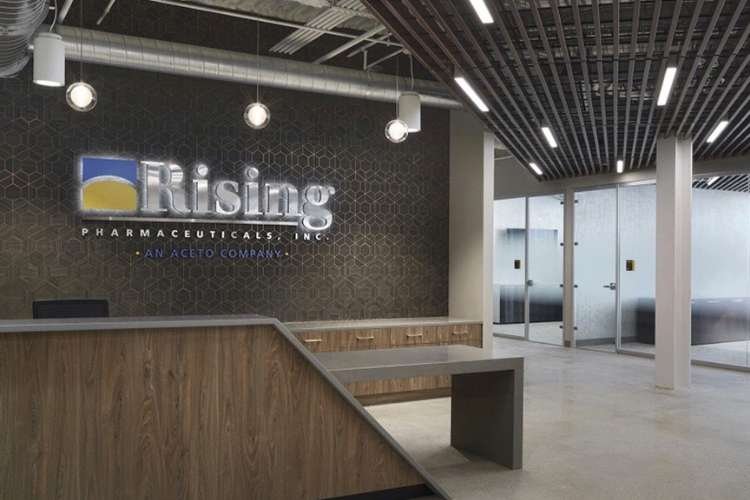Rising Pharmaceuticals, a prominent generic drug manufacturer, has inaugurated a manufacturing facility with a specific focus on injectable and ophthalmic products, aiming to address critical pharmaceutical shortages within the United States. The facility, covering an expansive area of 230,000 square feet, is situated in Decatur, Illinois, and occupies the premises of a former Akorn Pharmaceuticals facility. The Akorn plant had ceased operations following the company’s Chapter 7 bankruptcy filing in February, leading to job losses for numerous employees nationwide.
Rising Pharmaceuticals has outlined its strategic intentions for the site, stating that it will not only augment its existing product portfolio but also contribute to its broader efforts to expand its product offerings. The acquisition of the production facility was completed at a cost of $1.2 million, with an additional $50,000 spent on securing the packaging site back in June, as reported by the Herald & Review. The facility’s workforce currently consists of approximately 30 employees, with plans to gradually increase this number to reach a target of 75, according to the newspaper’s coverage.
Significant investments were made in the facility in 2018, amounting to $25 million to enhance its capabilities.
“We recognize that expanding manufacturing capabilities in the US is mission-critical for our continued commercial success, as well as for public health in general. The new facility will adhere to stringent quality standards to produce generic medications that are effective and cost-efficient.”
– Vimal Kavuru, chief executive of Rising Pharmaceuticals
Rising Pharmaceuticals, a portfolio company of Miami-based private equity firm H.I.G. Capital, currently boasts a portfolio of over 180 commercialized generic medicines.
However, it’s worth noting that Rising Pharmaceuticals faced legal issues in 2019 related to price fixing and collusion with a competitor to manipulate the market for a hypertension medication. The company entered into a settlement with the Department of Justice, which included cooperation with ongoing investigations into industry players and a financial obligation exceeding $3 million in criminal penalties, restitution, and civil damages.





























